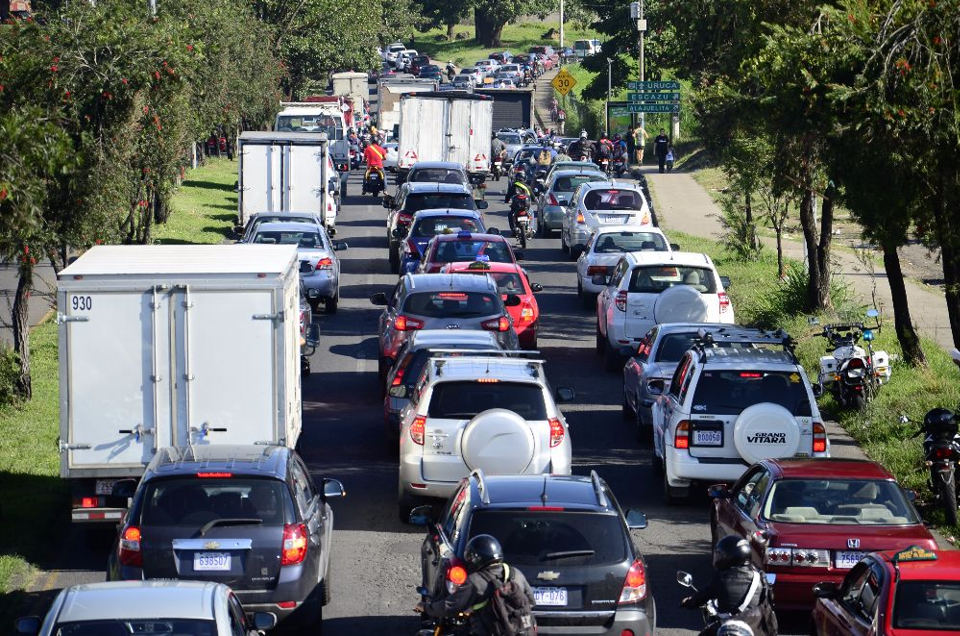In a groundbreaking initiative aimed at bolstering road safety across Latin America, the Automóvil Club de Costa Rica, in collaboration with ITDP Mexico and COSEVI Costa Rica, has unveiled a comprehensive manual focused on reducing traffic incidents. Funded by the FIA Foundation and FIA Road Safety Grants, this guide is a beacon of hope for enhancing urban mobility and safeguarding lives.
A Collaborative Effort for Safer Roads
The “Manual de observación de conflictos viales para la prevención de siniestros de tránsito en ciudades de América Latina” represents a significant step forward in the collective effort to address road safety challenges in the region. This manual has been meticulously crafted to assist Latin American road safety professionals, city planners, and policymakers in implementing strategies that prioritize human life and reduce road conflicts.
Innovative Approach with Swedish Origins
The guide introduces the Swedish technique of Road Conflict Analysis to Latin America for the first time. This method, renowned for its effectiveness in identifying potential traffic conflicts before they escalate into accidents, offers a proactive approach to road safety. By focusing on near-misses and other non-accident events that may still pose safety risks, the manual provides cities with the tools to preemptively address these issues.
Comprehensive Coverage for Diverse Needs
The manual covers a broad spectrum of topics essential for understanding and improving road safety within the urban context of Latin America and the Caribbean:
- Analysis of Road Safety: Provides an overview of the current state of road safety in Latin America, highlighting the unique challenges and opportunities.
- Sustainable Urban Mobility: Discusses the relationship between road accidents and urban mobility, emphasizing the need for sustainable practices.
- Vulnerability of Road Users: Examines the risks faced by various users of the road network, particularly the most vulnerable groups.
- Methodological Background: Details the origins and development of the Road Conflict Analysis technique and its adaptation to the Latin American context.
- Practical Implementation: Offers guidance on applying the methodology effectively in different urban settings.
- Case Studies: Includes real-life applications of the technique in Mexico and Costa, illustrating the practical benefits and insights gained.
Leadership and Support
The project’s success is attributed to the leadership and cooperation of several key figures and organizations. Danial Coen, President of ACCR, emphasized the manual’s role as a vital resource for improving road safety through a preventative approach that shifts focus from motorized transport to human-centric solutions.
The manual’s launch was a high-profile event held at the COSEVI auditorium, attended by prominent leaders including Carlos Ávila, Vice Minister of Transportation and Road Safety of Costa Rica, Gonzalo Peón, Director of ITDP, and Frank Fotia, President of FIA Region III, among others.
Looking Forward
This manual is not just a publication but a tool for change, designed to inspire and equip those responsible for urban planning and road safety with the knowledge to make a tangible difference. As cities across Latin America continue to grow and evolve, the principles and practices outlined in this guide will play a crucial role in shaping safer, more livable urban environments.
The full manual is accessible online, providing an invaluable resource for anyone involved in the quest for safer roads and better urban mobility in Latin America.
Access the manual here: Manual de observación de conflictos viales

